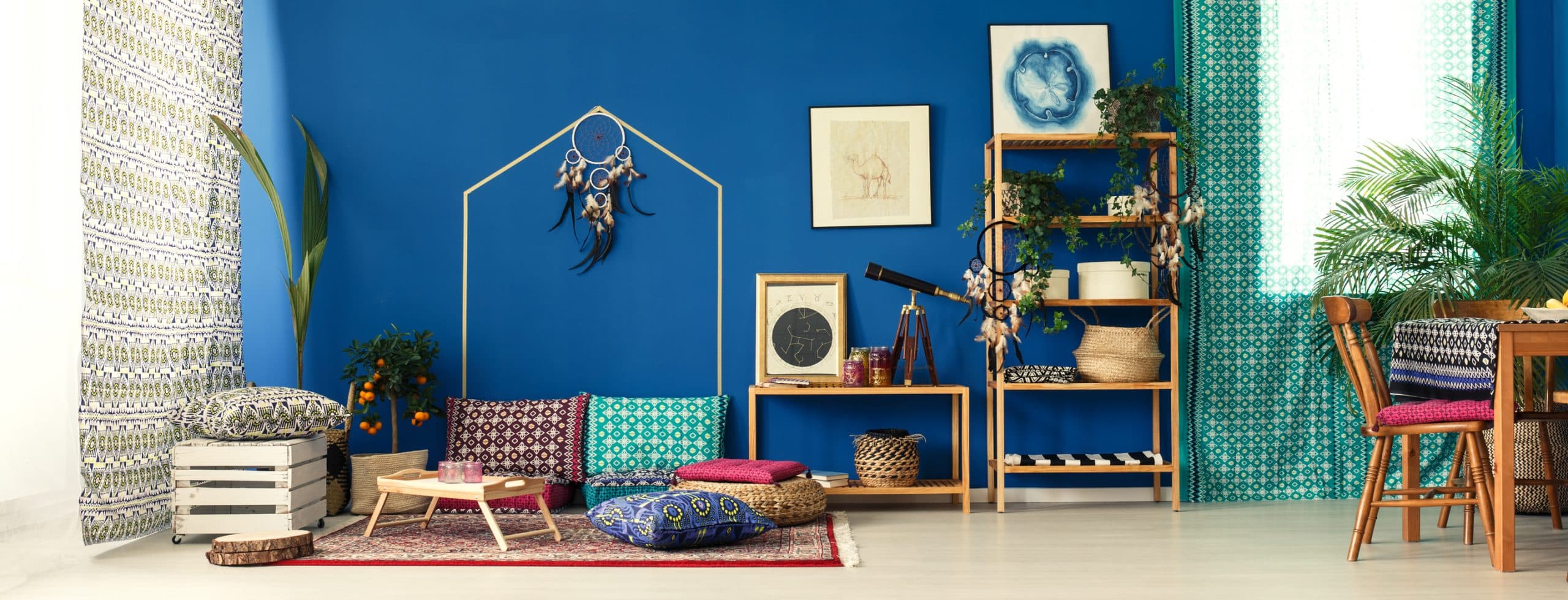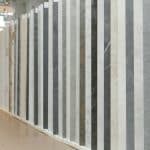In the contemporary digital age, where screens are an integral part of life, the question of how to protect our eyes from the potentially harmful effects of blue light is a topic of escalating concern. We are surrounded by screens: televisions, computers, smartphones, tablets, and even ambient lighting in our homes and offices. These devices emit a high amount of blue light that may have diverse consequences on our vision and sleep quality. One solution that has emerged is the use of blue light blocking glasses. But how effective are these glasses? What does the evidence say? This article aims to shed light on these questions.
Blue Light: An Overview
Before delving into the world of blue light blocking glasses, it would be beneficial to understand what blue light is and why it might be a potential health concern. Blue light is part of the visible light spectrum and has one of the shortest, high-energy wavelengths. While natural blue light from the sun helps regulate our sleep and wake cycles, the blue light emitted from screens is often received in excess and at unnatural times, such as late into the night, leading to potential sleep disturbances and eye health risks.
Avez-vous vu cela : How Does the Use of Weighted Blankets Affect Anxiety and Sleep Disorders?
The proliferation of screen use in our daily lives has led to an increase in exposure to artificial blue light, which has been linked to potential eye strain and disruptions in our natural sleep-wake cycle, or circadian rhythm. Disturbances in our sleep patterns can lead to a range of health issues, including cognitive impairment, mood disorders, and cardiovascular disease.
The Link Between Blue Light and Eye Strain
Research suggests that continuous exposure to blue light could contribute to digital eye strain or computer vision syndrome. Symptoms include dry and irritated eyes, blurred vision, eye fatigue, and headaches. The high energy and short wavelengths of blue light are scattered more easily than other visible light. This scattering is what makes the sky look blue but also creates an effect called ‘visual noise’ that can reduce contrast and strain the eyes.
A découvrir également : Can the Daily Practice of Journaling Improve Cognitive Function and Memory?
One study found that prolonged exposure to blue light might lead to damage to the light-sensitive cells in the retina, the part of the eye that sends visual signals to the brain. This damage could potentially accelerate age-related macular degeneration, a leading cause of vision loss. However, it’s important to note that more research is needed to confirm these findings.
Blue Light and Sleep Quality
In addition to potential eye health risks, blue light may interfere with our sleep quality. Blue light influences the production of melatonin, the hormone that regulates sleep and wakefulness. Exposure to blue light during the day can boost attention, reaction times, and mood. However, exposure in the evening and night can suppress melatonin production and shift our circadian rhythm, leading to difficulty falling asleep and poorer sleep quality.
A review of several studies found that evening exposure to blue light emitting devices significantly affected sleep onset and sleep duration. Another study suggested that the use of blue light filters or glasses could mitigate these effects and improve sleep quality.
Blue Light Blocking Glasses: Do They Work?
Blue light blocking glasses, also known as computer glasses or gaming glasses, are lenses designed to filter out or block blue light from reaching your eyes. The lenses are typically amber or yellow-tinted, and they reduce the contrast between the blue light and the screen you’re looking at, which is thought to reduce strain and improve sleep quality.
There is some evidence to support the efficacy of these glasses. For example, a study published in the Journal of Adolescent Health found that boys who wore blue light blocking glasses during the evening showed significantly reduced levels of melatonin suppression compared to those who did not. This suggests that the glasses could potentially help to maintain normal sleep patterns, even with evening screen use.
The Verdict: Does the Evidence Support the Use of Blue Light Blocking Glasses?
While the research on blue light and its impacts on sleep and eye health is still ongoing, there is sufficient evidence to suggest a link between excessive exposure to blue light, sleep disruption, and potential eye strain. Blue light blocking glasses appear to provide a solution to this problem, with several studies supporting their use.
However, experts also recommend taking measures to reduce screen time, especially in the late evening and night, and adjusting the settings on digital devices to reduce blue light emissions. Keeping a good distance from your screen, using artificial tears to combat dryness, and following the 20-20-20 rule (every 20 minutes, look at something 20 feet away for 20 seconds) can also help to protect your eyes from strain.
In conclusion, while blue light blocking glasses may not be a ‘magic bullet’, they can certainly be one part of an overall strategy to reduce the potential negative effects of blue light exposure.
Other Benefits of Blue Light Blocking Glasses
Apart from mitigating the effects of blue light exposure, blue light blocking glasses offer additional benefits. The glasses are believed to reduce symptoms of digital eye strain such as dry and irritated eyes, blurred vision, and headaches, making it more comfortable to view screens for extended periods. Notably, staring at screens for long periods can cause physical discomfort and productivity loss, especially among individuals whose work or hobbies necessitate prolonged screen time.
Additionally, these glasses can also contribute to increased comfort and reduced eye strain in environments where exposure to artificial light is high. This can be particularly helpful in offices or other commercial spaces where fluorescent lights, known for their high blue light emissions, are commonly used.
Furthermore, some users have reported enhanced visual clarity and contrast while using these glasses. The yellow or amber tint of the lenses can help improve the sharpness of digital content, making it easier to read or view for prolonged periods.
However, while the benefits of blue light blocking glasses are promising, it’s crucial to note that the glasses should not be a substitute for proper eye care and regular check-ups with an eye care professional.
Conclusion: Are Blue Light Blocking Glasses Worth It?
The evidence suggests that our modern lifestyle, which often includes extensive exposure to blue light emitting devices, can have unwanted effects on our sleep patterns and eye health. While reducing screen time, especially before bedtime, is the most effective way to mitigate these effects, this might not always be feasible due to work or other commitments.
Blue light blocking glasses emerge as a potential solution, providing a practical way to reduce exposure to blue light. Several studies point towards their efficacy in reducing melatonin suppression, potentially leading to better sleep quality and less eye strain.
In the end, the decision to use blue light blocking glasses comes down to individual needs and lifestyle. For those who spend a large part of their day in front of the screen, these glasses could be a worthwhile investment for better sleep and eye health. However, it’s crucial to remember that the glasses are a supplement, not a replacement, for good eye health practices. Regular breaks from screen time, maintaining a good viewing distance from screens, and regular eye check-ups are all important for maintaining overall eye health.
As we continue to embrace digital technology in our everyday lives, understanding and mitigating the potential impact of blue light on our health becomes increasingly important. Blue light blocking glasses are an accessible tool in our armory against the potential negative effects of our screen-filled lives.






